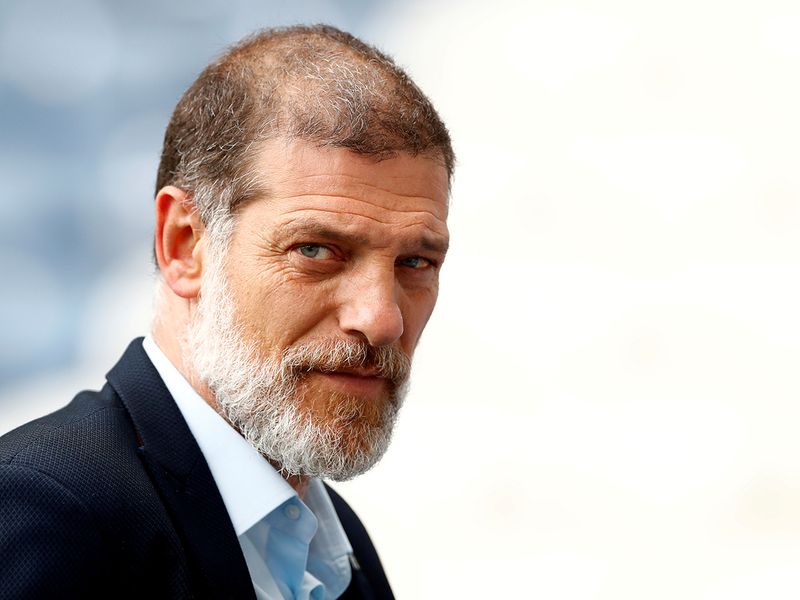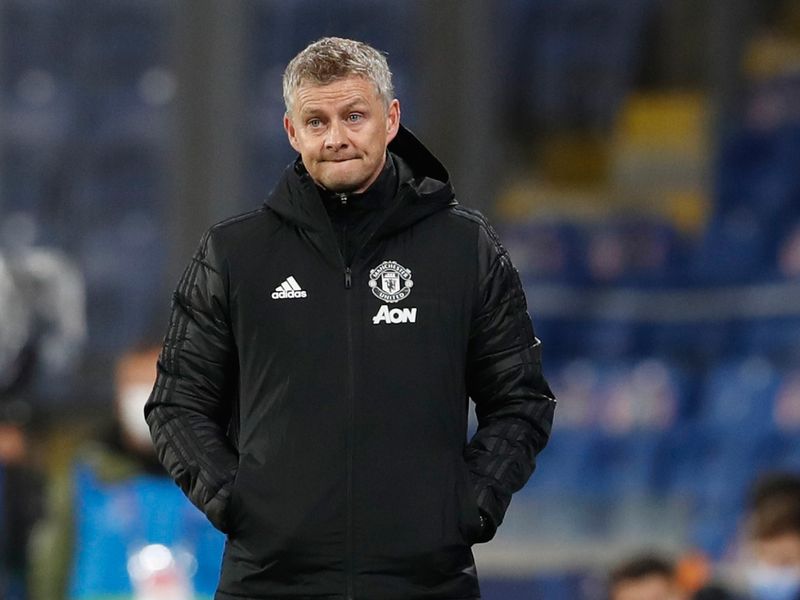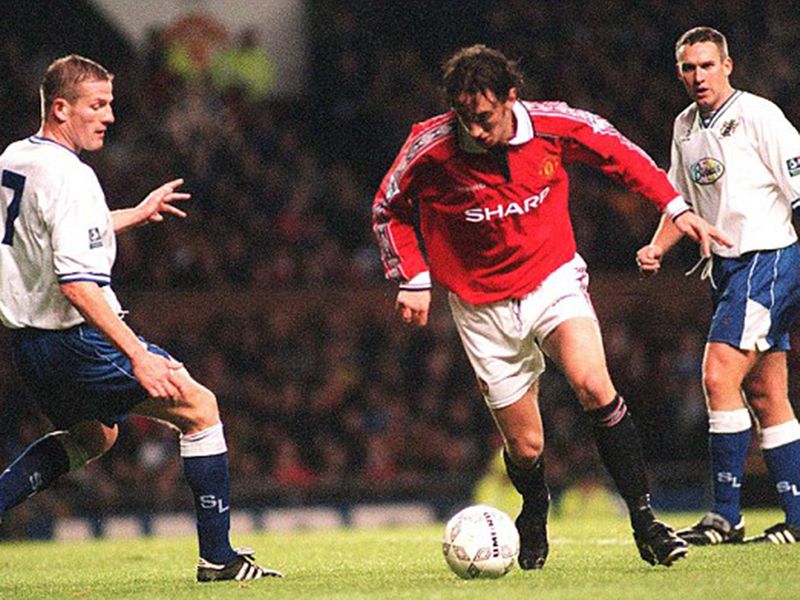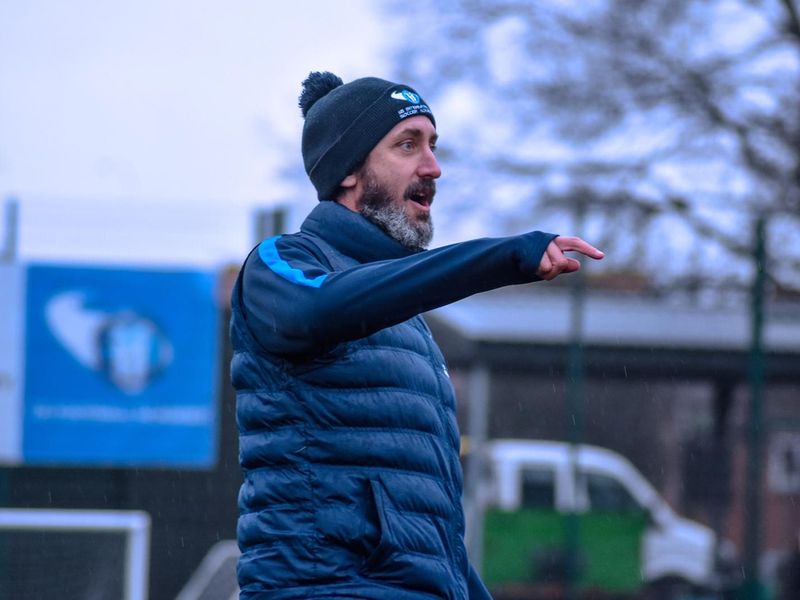In the immediate aftermath of Slaven Bilic’s sacking from West Bromwich Albion this week, the reaction was almost exclusively of condemnation. How could this experienced manager who had got his side promoted in a pandemic be released directly after a 1-1 draw with Manchester City?
But perhaps the most telling comment about this seemingly harsh decision from the Baggies boardroom came from a manager seeming to operate in a completely different orbit. “It’s a short term business and you need short term results,” said Ole Gunnar Solskjaer. “But everyone knows that continuity is the key to success and sometimes they don’t have the patience for it. Hopefully more and more clubs will think long term.”

Image Credit: Reuters
The truth is, Solskjaer can empathise with Bilic. Not just because he was sacked from Cardiff in similar circumstances, but because — as he tacitly admitted yesterday — the pressure to change the narrative of a season in apparent crisis is the same at whatever level you manage.
So how do you encourage a club’s hierarchy to focus on the long game, even when results and league table might suggest otherwise? Jonathan Greening appreciates Solskjaer and West Brom’s difficulties better than most; he was in United’s Champions League-winning squad in 1999, where Solskjaer scored that famous last-second goal. And the club for which he made the most appearances was West Brom, playing a key role in 2004/5 — the season in which they became the first team to escape relegation from the Premier League having been bottom at Christmas.
STRONG MENTALITY

Image Credit: Reuters
“First of all, it has to be obvious that the group has a strong mentality,” he says. “The pressure was immense in 2004/5, but Bryan Robson and his assistant Nigel Pearson had this attitude of making sure we all stuck together, not listening to any outside media, the fans or even the owners. We just concentrated on having a great team spirit; we never pointed fingers at each other.”
Admittedly, Robson himself had only been in charge a few months — West Brom had sacked Gary Megson after a start to the season strikingly similar to their current one. But it still took Robson a further 12 matches to find his first win. “I think people could see that we were working our socks off, and when we got that first three points it did set us on a roll,” remembers Greening. “Everyone says it but it’s so true; there is nothing like winning a game to give you the confidence that you’re doing the right things; training suddenly becomes high energy, and you’re away.”
FRUSTRATION

Image Credit: Reuters
Which is why the situation with Solskjaer’s Manchester United is so frustrating for everyone of a Red persuasion. There have been so many times this season alone when a corner seems to have been turned, a penny dropped. In the Premier League, United are unbeaten in five, winning four of those fixtures but the nature of those victories, combined with the Champions League exit, makes it feel United are doing worse than they are.
“Ole is managing one of the biggest clubs in the world so there’s pressure from all sides, from fans, media — even the players when you look at the relationship with Pogba,” says Greening. “And the biggest issue is Pogba at the moment because he’s become a distraction. I would have sacked my agent if he’d been saying those things.
“Actually, that United team on paper is great; Rashford, Martial, Cavani, Greenwood is a great attack. Fernandes has been a revelation and I’ve really enjoyed watching Scott McTominay too. He reminds me of Roy Keane actually — and if he added his leadership skills he could be a fantastic player. So really it’s just about finding consistency: Solskjaer is gradually building something, but at the moment it’s like he’s not allowed to lose.”

Image Credit: AP
Of course, Greening is not alone in being a former Solskjaer teammate who is willing him to do well in the media. “I’ve got a lot to thank him for — he got the goal which won me my Champions League medal!” he jokes. But Greening’s first encounter with Solskjaer does, he thinks, typify how he can nurture a squad over a longer period.
“He took me under his wing,” remembers Greening. “I made my debut for United in the League Cup at Old Trafford, and I actually played up front with Solskjaer that night. He could see how nervous I was, tried to calm me down, and I ended up setting a goal up for him.
“He was an incredible trainer, very professional and would always do the right thing. And then when he stopped playing, he helped with United’s academy sides. So he’s actually got great experience, he knows the way of United … it’s still pretty early on in the season and I think if they could find another leader on the pitch, the squad is there to succeed.”
PATIENCE

Image Credit: Supplied
Greening scrolls through his phone and finds the stat that Solksjaer actually has a better overall win ratio than Klopp over their first 100 games in the job.
“You see, Liverpool gave Klopp time to build, and I’m really hoping that Ole also has that time to see the results of the environment and culture at United that he’s definitely changed already. But I wouldn’t like to be him at the moment …”
In a way, though, Greening has a similar commitment to developing good personalities and environments through football. As a coach with the i2i International Soccer Academy, he works with young people to improve their footballing ability in partnership with two British universities, where they also study for a range of sports management and sports science degrees. And in the new year, i2i are coming out to the UAE to talk to prospective students. Or should we say players? It’s both.
“We’ll take our coaches over, put on sessions in Dubai and Abu Dhabi, and hope that from those clinics we can encourage young people to come and study and play at Northumbria and York St John University,” says Greening. “We’ve got six squads of 20 players in York, and two squads of 20 in Northumbria, and people come from all over the world to take part,” he says. “They study for their degrees in the morning and we then train like a professional academy in the afternoon and play competitive games twice a week. We’ve had quite a lot of success footballing-wise — but for me it’s about developing well-rounded people. I really enjoy it.”
Intriguingly, one of the courses is BA (Hons) Football Management. So five years of working for i2i, does Greening feel relieved he’s not in the pressure cooker environment that did for Bilic?
“It’s nice not to have that public pressure, but personally I still have real pride in the performance of our squads and getting the best out of them I can,” he says. “I still want to win.”


